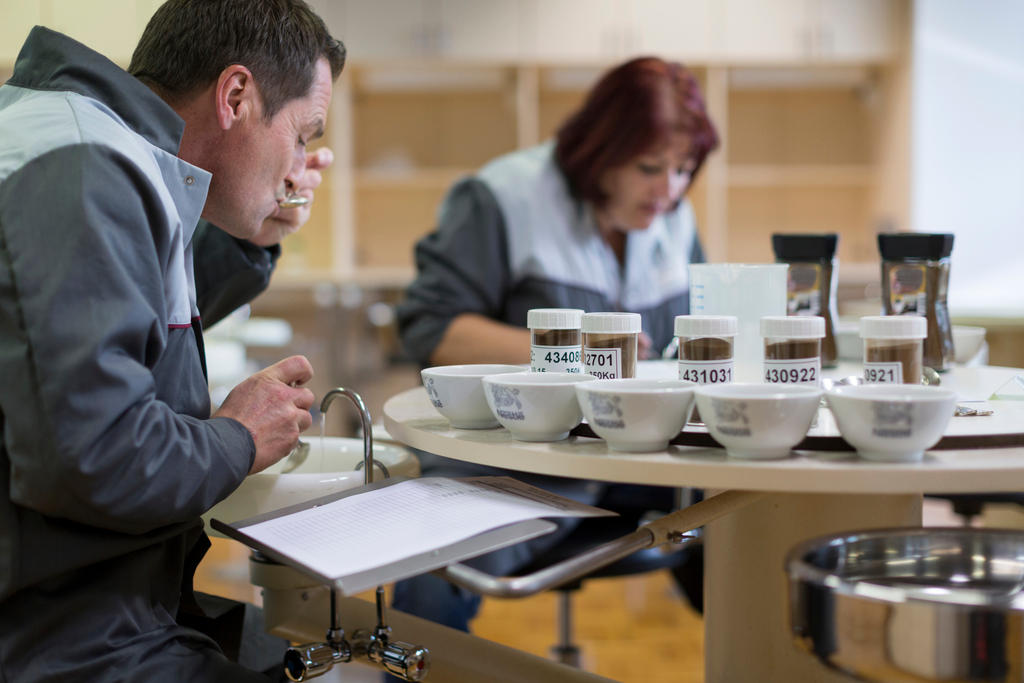
Record year keeps Switzerland in top five coffee-exporting nations

Switzerland exported over CHF2.5 billion ($2.56 billion) worth of roasted and processed coffee in 2019.
The country has been among the top five coffee exporters by value since 2009 thanks to its roasting industry. Last year it exported a total of 83,819 tonnes of coffee and imported 187,591 tonnes worth CHF745 million.
Around 93% of imports were unroasted coffee beans while 98% of exports were roasted beans. Swiss roasting adds tremendous value to the product, with the average price of imported beans at CHF4/kg and exported beans at CHF30/kg. The net benefit to the country’s coffee industry was CHF1.8 billion.
Neighbours France, Germany, Italy and Austria account for 43% of exports. The US is another big market (10% of exports) and pays the highest average price for Swiss roasted coffee at CHF44/kg. Brazil (23.3%) and Colombia (13.5%) are the major source of coffee imports with Vietnam offering the cheapest average rates at CHF2/kg.

More
Most cups of coffee contain a drop of Switzerland

In compliance with the JTI standards
More: SWI swissinfo.ch certified by the Journalism Trust Initiative




























You can find an overview of ongoing debates with our journalists here . Please join us!
If you want to start a conversation about a topic raised in this article or want to report factual errors, email us at english@swissinfo.ch.